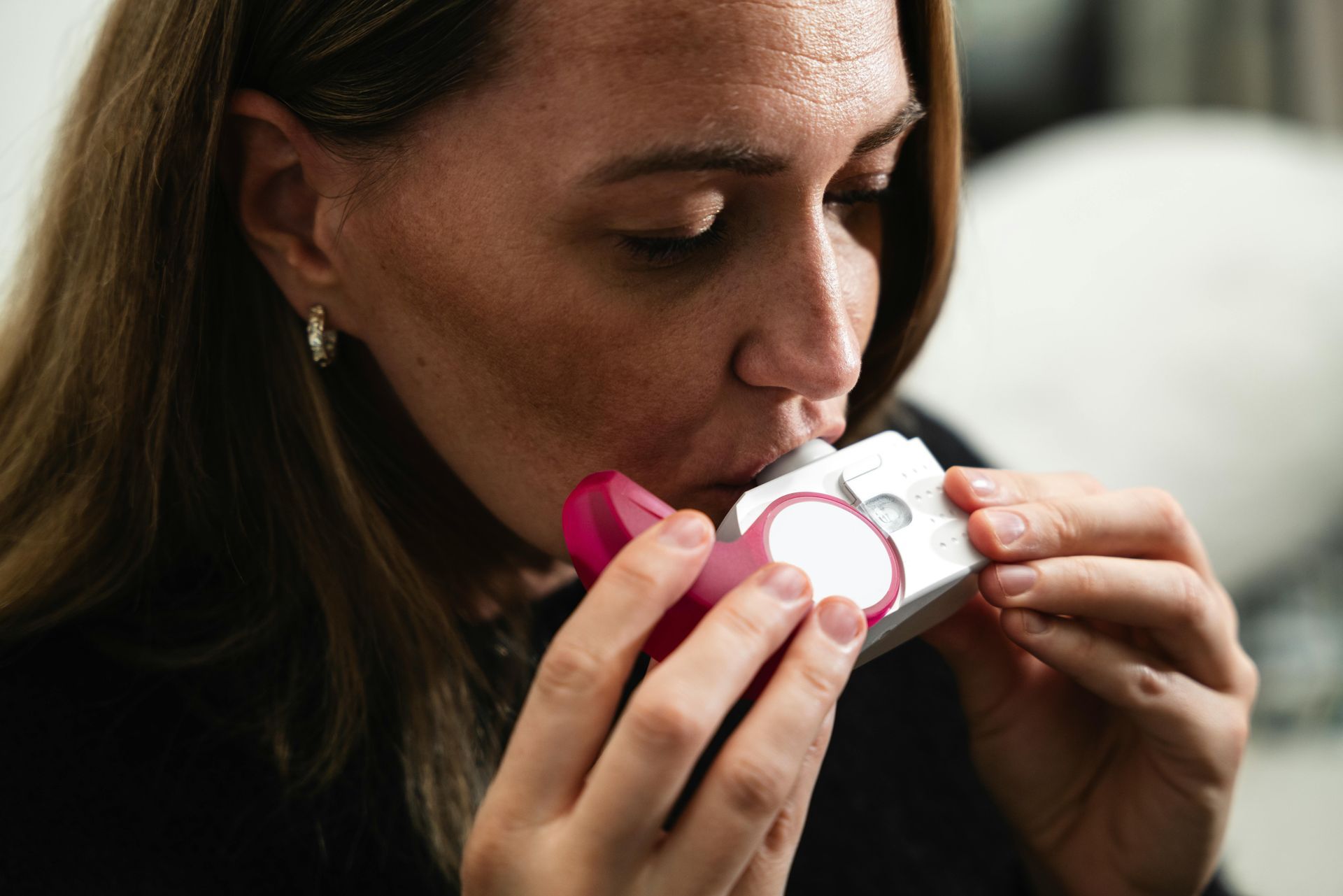Think Your Condition Doesn’t Qualify for Disability? Think Again—And Don’t Give Up on Your Appeal
Every year, thousands of people across the U.S. get denied for Social Security Disability Insurance (SSDI) or Supplemental Security Income (SSI). But what’s even more alarming is that many of those people never appeal their denial—simply because they believe their condition “isn’t bad enough” or “doesn’t qualify.”
That couldn’t be further from the truth.
The Social Security Administration (SSA) does have strict rules, but it also recognizes a wide range of physical and mental conditions—some of which might surprise you. In fact, invisible or misunderstood conditions are some of the most common reasons people file for (and win) disability benefits.
If you’ve been denied—or haven’t even applied—because you think you don’t qualify, this article is for you.
The Biggest Mistake People Make After a Disability Denial
One of the most common things we hear is:
“I figured my condition wasn’t serious enough to qualify.”
It’s a heartbreaking assumption, because it leads so many people to walk away from the benefits they deserve.
Here’s the truth:
Your condition doesn’t have to be visible, dramatic, or terminal to qualify you for SSDI or SSI.
What matters most is how your condition affects your ability to work full-time on a consistent basis.
Conditions You Might Not Realize Can Qualify for SSDI or SSI
Let’s talk about some of the lesser-known or misunderstood conditions that can absolutely qualify someone for disability benefits—especially when supported by proper documentation and a knowledgeable attorney:
1. Mental Health Disorders
- Generalized Anxiety Disorder (GAD)
- Major Depressive Disorder
- PTSD
- Bipolar Disorder
- OCD
These conditions often result in denials initially—but thousands of people win appeals every year based on mental health conditions alone. The SSA does recognize how debilitating these can be when they significantly interfere with your ability to concentrate, interact socially, or maintain regular attendance at work.
2. Fibromyalgia & Chronic Fatigue Syndrome
Many claimants are shocked to learn that fibromyalgia is now more widely accepted as a disabling condition—especially when diagnosed by a rheumatologist and supported by consistent medical records. Similarly, chronic fatigue syndrome (CFS) is no longer dismissed as a “mystery illness” and can form the basis of a strong appeal if properly presented.
3. Long COVID
One of the more recent additions to the list of qualifying conditions, Long COVID can cause:
- Severe fatigue
- Brain fog
- Breathing difficulties
- Muscle pain
- Cognitive impairment
Even if you recovered from the initial illness, persistent symptoms that keep you from holding a job may entitle you to monthly benefits.
4. Autoimmune Disorders
Conditions like lupus, rheumatoid arthritis, Crohn’s disease, or multiple sclerosis can fluctuate, making it difficult to prove the severity. But that doesn’t mean they don’t qualify—especially if your flare-ups prevent you from working regularly.
5. Neurological & Balance Disorders
Conditions like vertigo, Ménière’s disease, or severe migraines can make it unsafe or impossible to perform many jobs. Don’t write these off—they can absolutely qualify with proper documentation.
6. GI Disorders
If you suffer from IBS, Crohn’s, or other gastrointestinal disorders that result in frequent bathroom use, unpredictable pain, or need for accommodations, your condition could be disabling under SSA’s standards.
7. ADHD (in Adults)
Yes, ADHD—when severe and impairing—can sometimes qualify, particularly when combined with anxiety, depression, or learning disabilities that make workplace performance impossible.
Why So Many People Don’t Appeal—And Why That’s a Costly Mistake
When someone receives a denial letter, the natural reaction is frustration, embarrassment, or defeat. Many people internalize the message and assume they don’t qualify. But here’s the reality:
- Most initial applications are denied.
- In fact, over 65% of first-time disability applications are denied.
- But appeals succeed—especially with legal help.
- At the hearing level, people who use a qualified disability attorney are over 3x more likely to win their case.
If you’ve been denied, you have 60 days to appeal—and you should take action immediately. A denial doesn’t mean your condition isn’t valid. It usually means the SSA didn’t have enough documentation or clarity to approve it. That’s where a skilled attorney can make all the difference.
What You’re Missing Out On If You Don’t Appeal
Not appealing your denial means walking away from real, life-changing benefits. Here’s what you could be missing:
💵 Monthly Payments
- SSDI in 2025: Average of $1,537/month
- Maximum SSDI payment: Up to $3,822/month
- SSI in 2025: $943/month for individuals, $1,415/month for couples
⏳ Back Pay
When you win your appeal, you may receive back payments from the date you originally applied—sometimes totaling $10,000 to $30,000+ in a lump sum.
🏥 Healthcare Coverage
- SSDI comes with Medicare (after a 24-month wait).
- SSI recipients are typically eligible for Medicaid immediately.
You Don’t Have to Fight Alone—And You Don’t Pay Unless You Win
Disability law is complex, and presenting your case the right way can make or break your appeal. That’s why having an experienced attorney like Brian Smith on your side can increase your odds of success dramatically.
Here’s what you get when you work with us:
✅ Free consultation
✅ No upfront fees—you only pay if we win your case
✅ Remote filing—you don’t even have to leave your home
✅ Compassionate support from a team that’s been doing this for over 20 years
Final Thought: Don’t Decide for the SSA—Let Them Review a Strong Appeal
Just because your condition isn’t well-known or visible doesn’t mean it isn’t real. And it definitely doesn’t mean you should give up.
If you’ve been denied SSDI or SSI—or are too afraid to apply—let us take a look at your situation. You might be much closer to approval than you think.
📞 Message us today or call now here.
📍Helping people across Alabama get the benefits they’ve earned
👨⚖️ With attorney Brian Smith on your side, you don’t have to do this alone
Your disability is real. Your struggle is valid. And your benefits are worth fighting for.
Let’s appeal your denial and get you the support you deserve.

Why Getting Your Medical Records in Order Is Crucial for Winning a Social Security Disability Appeal







